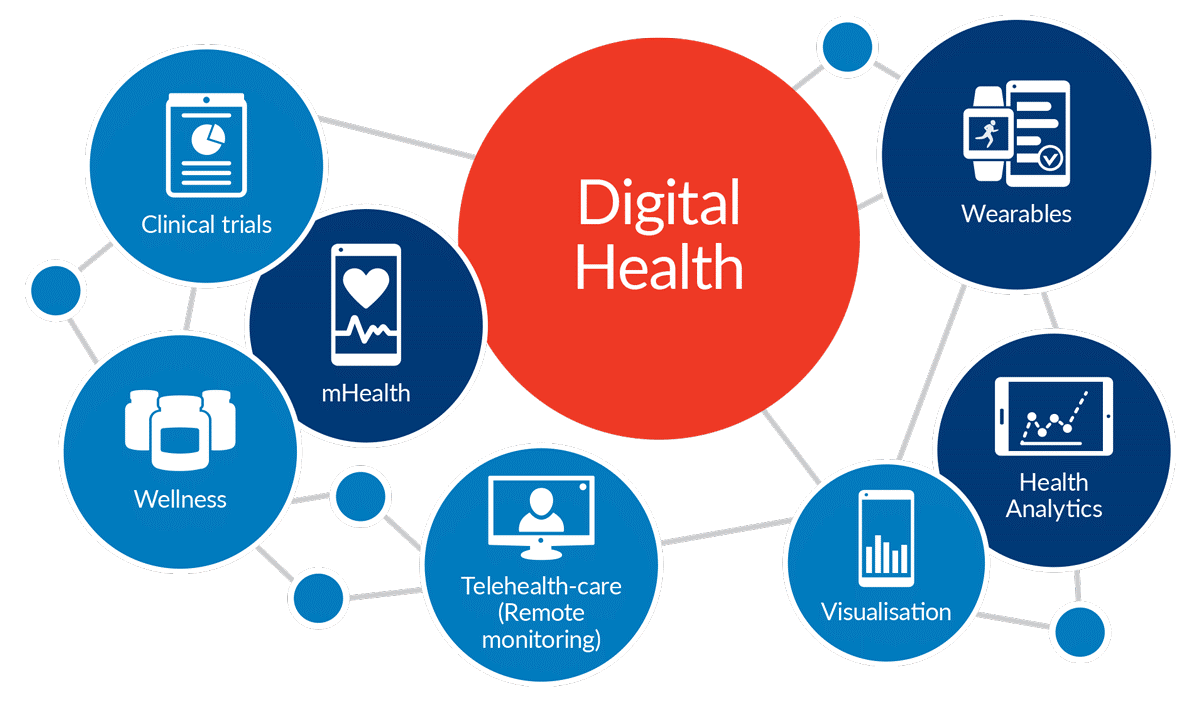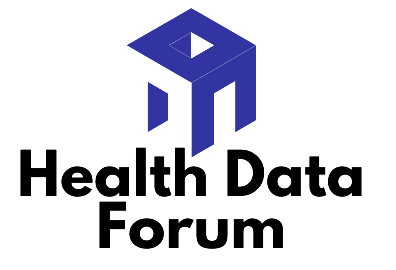Big data: A new era for Healthcare
Paul Nunesdea | Paulo Nunes de Abreu • Dec 22, 2019
How smarter healthcare requires radical interoperability

“The health industry is on the cusp of a major transformation that will affect all stakeholders (…) Incumbent players can lead, or they can try to resist this inevitable change. A wide range of companies are already making strategic investments [in] a future defined by radically interoperable data, open and secure platforms and consumer-driven care.”
in Deloitte’s report Radical interoperability: Picking up speed to become a reality for the future of health(1)
In this new era driven by the genomics revolution and precision medicine, effective health data management can bring significant healthcare gains for the ones who can grasp it. Can this quest resemble one of the Holy Grail in modern days?
Radical interoperability suggests that all relevant data about people—health and otherwise—will be integrated and available for both research and action. But today, many in health care are still struggling to agree on standards and vocabularies, data ownership, and data security. Many other industries continue to speed ahead, adopting standards and protocols for data exchange aimed solely at pleasing consumers. By 2040, radical interoperability will be a linchpin for the health care industry.
Health care stakeholders who want to emerge as leaders in their use of data and analytics in the future of health should join us at the Health Data Forum in Cascais next 7-8 May. Even organizations leading the industry in interoperability are aware that many market disrupters—ranging from consumer technology companies to startups—have entered the health care market and could potentially push interoperability to the tipping point.
The industry is seeing increased demand for drug-device therapies, faster scientific discovery, and real-world evidence, but all these could benefit from greater interoperability.
According to a recent World Economic Forum article, there are 3 major ways in which data can improve healthcare:
- Enabling collaboration
- Tailoring therapies
- Organising hospitals
For instances, in oncology, the process of preparing for, conducting, and documenting tumour board meetings is frequently suboptimal and non-standardized. Each specialist aggregates data on a patient in a silo. As a result, meetings are spent switching back and forth between the different systems and technologies used across each discipline.
To address this, an alliance between Roche Diagnostics and GE Healthcare is combining and analyzing patients’ diagnostic data — including genomics, tissue pathology, and biomarkers — with their medical imaging and monitoring data. From here, cloud-based data integrating software could fundamentally change the process of tumour board meetings, helping doctors make more informed, faster diagnoses and individualize treatments to each patient. However. such integration would be impossible without data interoperability.
Integrating data can have transformative effects across the entire healthcare ecosystem. From here, AI-powered apps will help physicians identify the most suitable treatment for each patient. GE Healthcare recently began a partnership with Vanderbilt University Medical Center (VUMC), to enable safer, more-precise immunotherapies. Integrating data can have transformative effects across the entire healthcare ecosystem.
Finally, A small but growing number of hospitals are implementing NASA-style mission control Command Centers to manage their functions and services. The data is displayed on Command Center screens and tablets and mobile devices. A hospital Command Center pulls in streams of data from various systems, generating analytics that help staff predict what will happen in the next 24 to 48 hours.
Other big six consulting firms are also producing a growing body of evidence on how Data and Analytics are transforming decision making in Healthcare. In this short video Dan Gareth, Member Board Of Directors at Welldoc, Inc and eHI, and now retired PwC Partner & US Tech Consulting Leader/Health IT Leader presents his case.
To conclude, interoperability is a critical need that healthcare services need to bring to their top agenda and according to Care Analytics News, this report has produced the following recommendations:
1. Prioritize interoperability at the leadership level. Develop “a clear understanding and a vision for the future of how important it is to the organization’s overall strategy.”
2. Boldly invest strategically rather than tactically. Use next-generation solutions to “ensure that population health, M&A, value-based pricing strategies, real-world evidence and precision medicine align with the organization’s interoperability strategy and future vision.”
3. Establish a competency centre. Responsibilities should include the organization’s interoperability technology stack, data and interface standards and leading architectural practices and patterns.
4. Focus on interoperability in partnerships. “Be active, open and curious,” the report says. There may be collaboration opportunities – with traditional competitors, regulators and community organizations – that didn’t
exist in the past.
Next 7 and 8 May in Cascais, Portugal, these and other great thought leadership contribution will be presented and discussed at the Health Data Forum, the first CIO, CMIO and CMO Summit on Health Data and you can pre-register here.
Image credits.
https://www.facebook.com/v2.7/plugins/comments.php?app_id=&channel=https%3A%2F%2Fstaticxx.facebook.com%2Fx%2Fconnect%2Fxd_arbiter%2F%3Fversion%3D46%23cb%3Df3bd16d0735985%26domain%3Dwww.healthdataforum.eu%26is_canvas%3Dfalse%26origin%3Dhttps%253A%252F%252Fwww.healthdataforum.eu%252Ff303df295cfaa5%26relation%3Dparent.parent&color_scheme=light&container_width=860&height=100&href=https%3A%2F%2Fwww.healthdataforum.eu%2Fbig-data-a-new-era-for-healthcare&locale=en_US&mobile=false&sdk=joey&version=v2.7&width=

